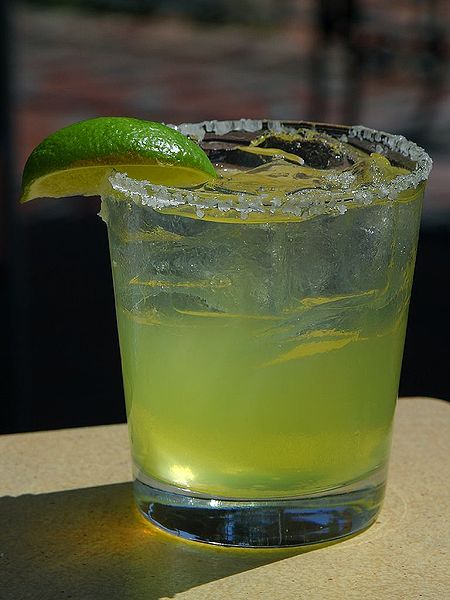Good in Theory, Bad in Practice: Corporate Social Marketing in the Alcohol Industry

Corporate social marketing (CSM) campaigns are used to improve the image of a wide variety of companies. Each CSM initiative is unique, but when it comes to companies in the alcohol industry, CSM campaigns seem to share a certain moral ambiguity. In sharp contrast to the other CSM initiatives, which demonstrate how an organization contributes positively to the community, similar campaigns for companies in the alcohol industry have drawn criticism for the way they promote “responsible drinking.” In their article, “Smokescreens and Beer Googles: How Alcohol Industry CSM Protects the Industry,” published in Social Marketing Quarterly, Sandra C. Jones of Australian Catholic University, Austin Wyatt of Swinburne University of Technology, and Mike Daube of McCusker Centre for Action on Alcohol and Youth delve into why CSM campaigns for organizations in the alcohol industry can prove to be problematic, particularly for the community.
The abstract:
Corporate social marketing (CSM) is one of several initiatives companies can undertake to demonstrate their corporate social responsibility (CSR). While there are many motivations for CSR and CSM, all are linked to profit in some way, including promoting the reputation of the organization. While CSM is often seen as evidence of
organizations making a contribution to their community, there are some industries whose CSM campaigns have drawn considerable controversy and criticism. This article discusses the role of the alcohol industry in developing and disseminating “responsible drinking” CSM activities. It discusses some of the problems identified with alcohol industry CSM campaigns—including evidence that industry education campaigns communicate ambiguous messages; improve public perceptions of the industry but do not discourage harmful or underage drinking; and divert attention from more effective approaches, such as controls on price and availability. The paper also addresses the issue of other CSM/CRM activities undertaken by the alcohol industry, such as encouraging consumers to purchase a brand by donating a proportion of the profits to health and social causes (including those that are exacerbated by alcohol consumption). It discusses the value of these activities for the industry and their potential negative impact on the health of the community. In summary, the evidence suggests that industry CSM and CRM activities protect the industry (from restrictive policies and declining sales) but may in fact be detrimental to the community.
You can read “Smokescreens and Beer Goggles: How Alcohol Industry CSM Protects the Industry” from Social Marketing Quarterly by clicking here. Want to know all about the latest research from Social Marketing Quarterly? Click here to sign up for e-alerts!





















































































